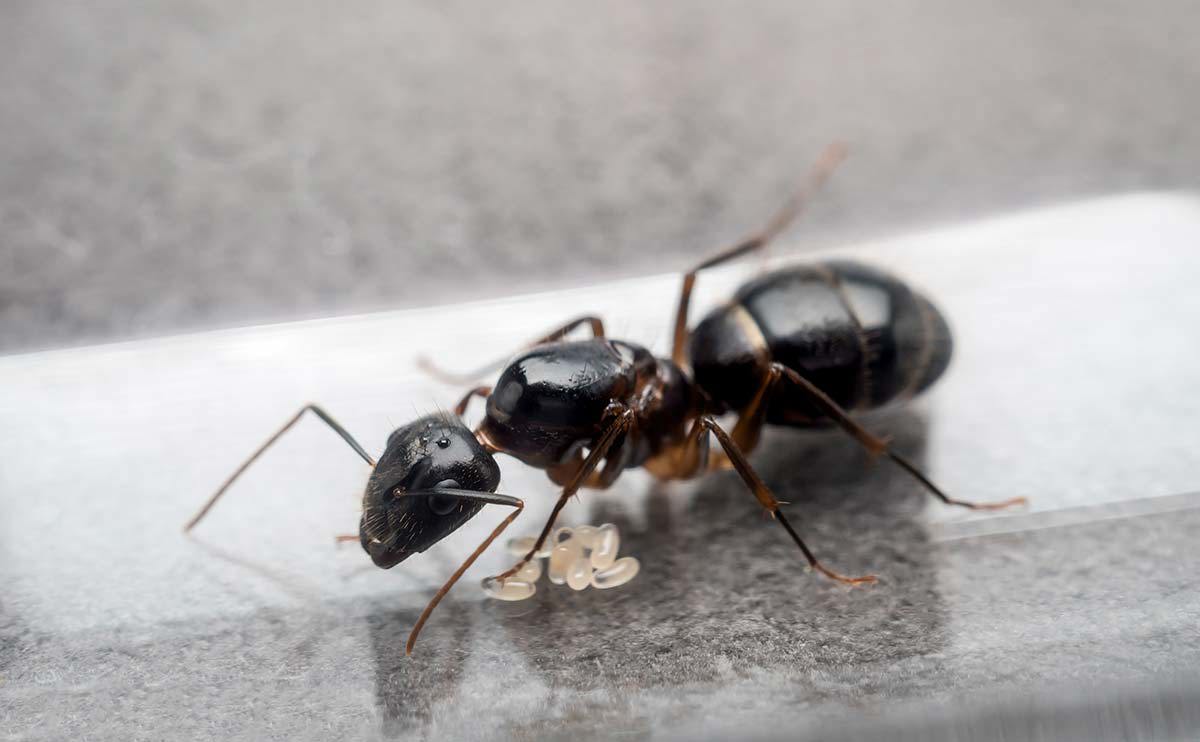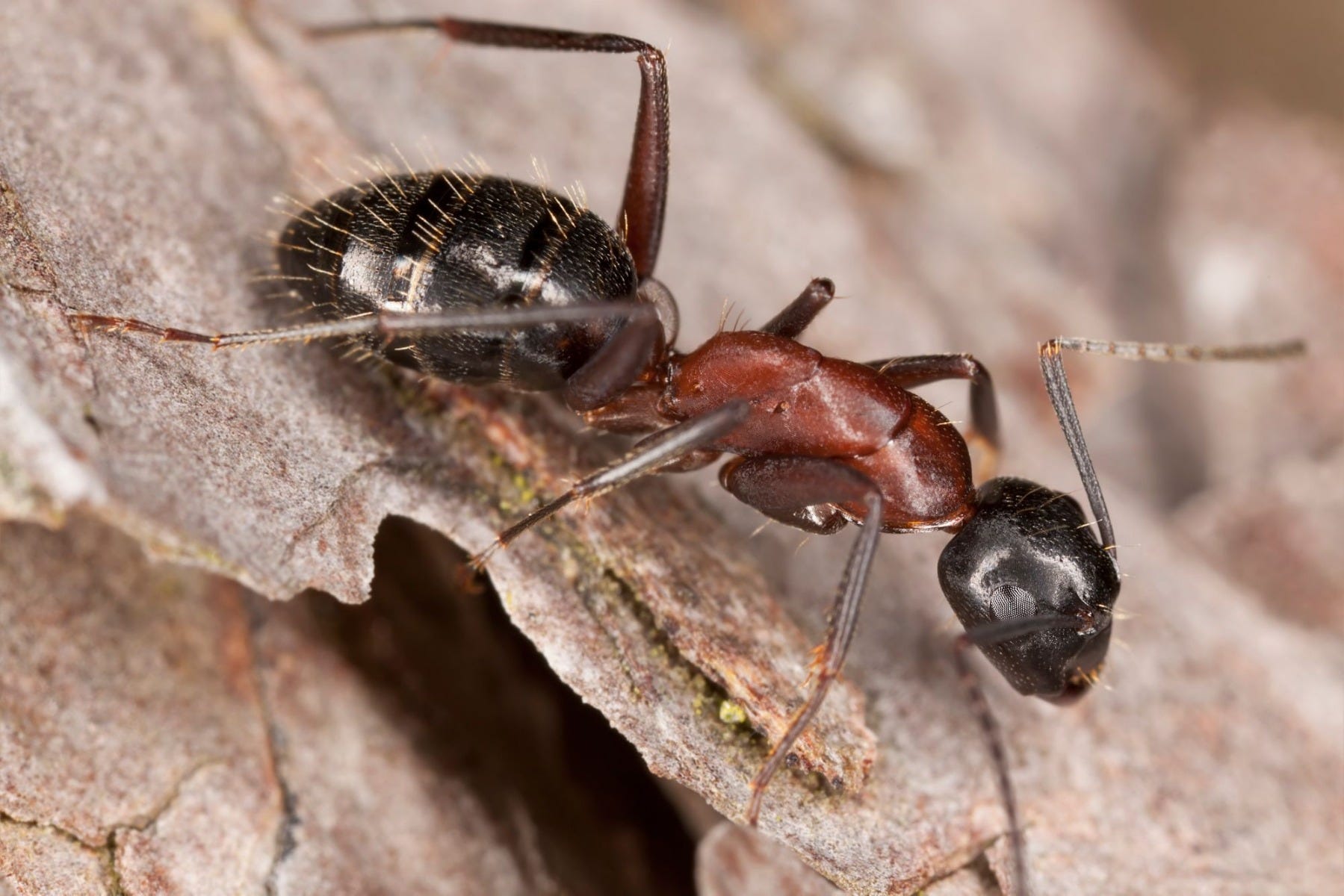Ecological Effect of Pest Control: Harmonizing Performance With Sustainability
The environmental impact of parasite control is an essential issue that calls for a delicate equilibrium between accomplishing performance in handling insects and guaranteeing sustainability of our ecosystems. As we strive to safeguard our crops, homes, and health from the threats posed by insects, the techniques we employ can inadvertently hurt the setting. From making use of harmful chemicals that leak right into our dirt and water to the unintentional repercussions on non-target varieties, the effects of conventional pest control practices are far-ranging. There are emerging techniques that provide hope for an extra sustainable approach to pest administration. These options not only purpose to attend to the prompt pest issues yet additionally take into consideration the lasting health of our world.
Unsafe Chemicals in Pest Control
The usage of damaging chemicals in parasite control positions substantial environmental and health and wellness dangers that require mindful factor to consider and reduction strategies. Pesticides, herbicides, and pesticides are typically made use of to get rid of insects, however their prevalent application can lead to unintentional consequences. These chemicals can contaminate soil, water resources, and the air, influencing not just the targeted insects but likewise helpful pests, wildlife, and humans.

To resolve these dangers, integrated insect management (IPM) strategies are being advertised as an extra sustainable option. IPM includes a mix of techniques such as organic control, environment adjustment, and the targeted usage of pesticides as a last resource (ant control garner nc). By embracing an alternative approach to pest control, we can decrease the environmental and health impacts connected with dangerous chemicals while effectively handling pest populaces
Effect On Non-Target Variety
Thinking about the unexpected effects of parasite control approaches, the effect on non-target types is an important element that calls for detailed evaluation. While bug control measures aim to target details parasites, various other organisms in the ecological community might be unintentionally influenced. Non-target species, consisting of advantageous pests, birds, animals, and also plants, can suffer indirect or direct harm from pesticide applications or organic control methods.
Insecticides made to fight a certain bug parasite might harm pollinators like or natural predators such as ladybugs. Biological control agents, if not species-specific, can posture risks to unintentional targets, interfering with the eco-friendly balance.
To reduce the influence on non-target species, incorporated parasite management (IPM) techniques that highlight an alternative method to pest control are suggested. These techniques prioritize making use of eco-friendly practices, lessening injury to advantageous microorganisms while efficiently managing pest populations. Carrying out detailed threat evaluations and keeping an eye on the end results of insect control efforts are necessary steps in safeguarding non-target types and promoting overall community health.
Soil and Water Contamination
Unintended environmental repercussions of pest control approaches prolong beyond affecting non-target species, with substantial ramifications for dirt and water contamination. Pesticides, herbicides, and chemical plant foods utilized in parasite control can seep right into the soil and contaminate groundwater, posturing a threat to both marine and terrestrial ecological communities. Dirt contamination can disrupt the equilibrium of microbes vital for nutrition biking and plant growth, leading to reduced dirt fertility and efficiency. Furthermore, these chemicals can continue the environment for extensive periods, building up in the dirt and possibly entering the food cycle.
Water contamination is one more essential issue connected with insect control techniques. Runoff from agricultural areas treated with chemicals can bring these chemicals right into neighboring water bodies, influencing aquatic microorganisms and water top quality. Contaminants in water resources can have far-reaching effects, affecting not only water life however additionally human health and wellness through the consumption of contaminated water or marine microorganisms. To alleviate dirt and water contamination from bug control tasks, integrated parasite administration techniques that focus on sustainability and decrease chemical inputs are vital.
Air Air Pollution From Pesticide Use
Exposure to air-borne chemicals throughout agricultural applications positions a considerable concern for air pollution control procedures. In addition, chemical drift, where chemicals are lugged by the wind to unexpected areas, can lead to the contamination of nearby environments and water bodies.

Strategies for Lasting Insect Control
In the world of agricultural methods, applying sustainable parasite control methods is paramount for maintaining ecological equilibrium and guarding plant yields. Lasting parasite control stresses making use of ecologically pleasant approaches to take care of parasite populations efficiently while reducing harm to non-target microorganisms and ecological communities. Integrated Insect Monitoring (IPM) is a commonly taken on method that combines biological, cultural, physical, and chemical control approaches to achieve long-term parasite management services.
One key approach in sustainable parasite link control is advertising biodiversity within agroecosystems. By boosting natural adversaries of pests, such as parasitoids and predators, farmers can minimize the demand for synthetic chemicals. Plant rotation and diversity are also effective techniques to interrupt pest life process and create much less favorable conditions for bugs to flourish. Furthermore, using pest-resistant crop varieties and using techniques like trap chopping can aid minimize parasite stress without relying greatly on chemical interventions. Eventually, by incorporating these sustainable parasite control methods, farmers can achieve a balance between pest monitoring effectiveness and environmental stewardship.
Verdict
In conclusion, the ecological impact of insect control approaches have to be very carefully thought about to balance effectiveness with sustainability. Hazardous chemicals made use of in bug control can cause soil and water contamination, air contamination, and damage non-target varieties - termite control. It is essential to carry out sustainable bug control techniques to reduce these negative results on the setting and advertise a much healthier ecosystem for future generations
By embracing an all natural approach to pest control, we can minimize the ecological and health effects associated with hazardous chemicals while successfully handling pest populaces.

To reduce the air pollution caused by chemical usage, it is important to take on integrated pest administration approaches that focus on the usage of non-chemical insect control approaches, such as crop turning, natural predators, and immune plant varieties. Sustainable pest control emphasizes the use of ecologically pleasant approaches to take care of insect populations efficiently while minimizing harm to non-target microorganisms and communities. Integrated Parasite Management (IPM) is a widely embraced approach that incorporates biological, cultural, physical, and chemical control methods to achieve long-term pest administration solutions.